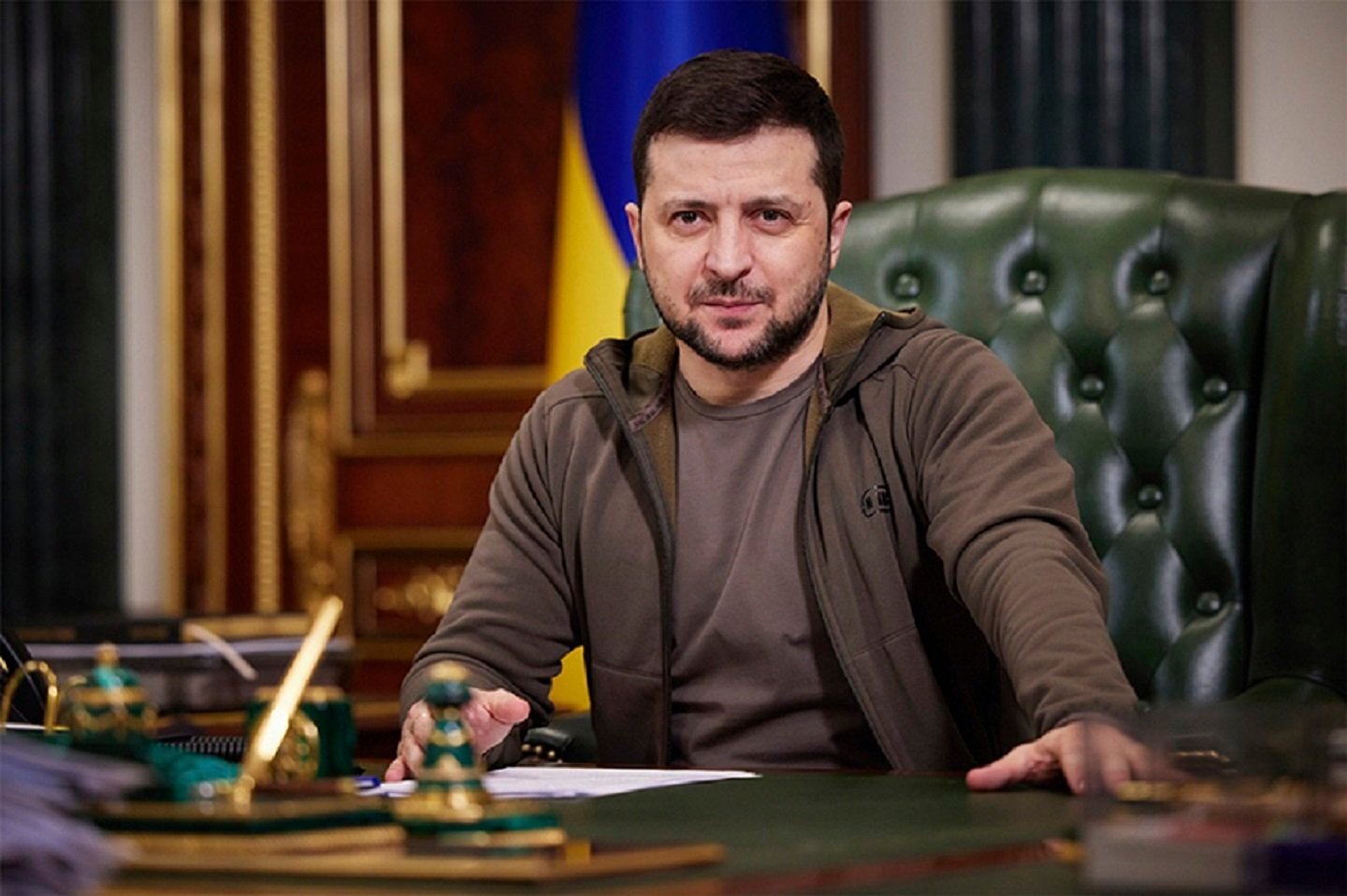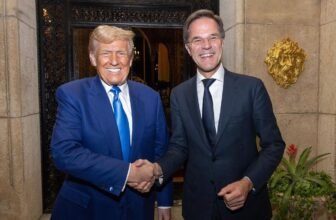
February 15, 2025 · 3:00 AM EST in Munich, Germany
Ukraine’s president delivers a clear message at the Munich Security Conference: use 1.9 billion dollars in cash to unify and repel Russia and stop reliance on U.S. assistance. The proposal comes as angst mounts over America’s quickly changing position on European security and direct negotiations with Russia, not involving European allies.
Zelensky — European Army
President Volodymyr Zelensky of Ukraine has called for a European army.
President Zelensky underscored the need for Europe to become self-reliant in its defense, saying, “Let’s be honest — now we can’t rule out that the United States can say ‘no’ to Europe regarding things that … The second point is the mentality of the world.” He called for a European armed force, saying Europe should decide on security matters in Europe. Three years into a full-scale war, we have shown that Europe needs a common military backbone,” Zelensky stressed.
Fear of U.S. Shift in Policy
This time, the call for a European army is aimed at the administration of U.S. President Donald Trump. Russian President Vladimir Putin invited (but has not yet accepted) President Donald Trump to begin direct peace talks to address the ongoing Russia-Ukraine war. Remarkably, these talks included no European participation, leaving EU leaders uncomfortable with the feeling that they have been cut out of an important security matter for the continent.
European Leaders’ Reactions
The U.S. approach has drawn criticism from German Chancellor Olaf Scholz, especially after comments from Vice President JD Vance questioning the democratic values of Europe and his meetings with Germany’s far-right factions. Scholz highlighted the significance of European unity and the EU’s ability to determine its own defense policies. Other European leaders have raised similar concerns about U.S.-Russia talks not involving the EU and what that could mean.
Impacts on NATO and European Union Defense Policies
Zelensky’s offer opens a new chapter in the conversation about what NATO’s future looks like, and even whether the EU needs to strengthen its own defense capabilities. However, while NATO has provided a thought framework for European defense over the decades, the present geopolitical landscape would require the continent to invest in its own military autonomy. While long discussed, a European army is becoming topical in light of uncertain foreign alliances and the need to protect European security.
FAQ
What has led President Zelensky to suggest the creation of a European army?
President Zelensky’s proposal is based on the general meddling of U.S. support for Europe’s defense as evidenced by recent U.S.-Russia negotiations taking place without input from the European Union. He wants a European military force to make sure that European security decisions are made in Europe.
What has the reaction been from European leaders to the concept of a European military?
Reactions are mixed. Other leaders, such as German Chancellor Olaf Scholz, have stressed the need for European resolve and independence in defense. But it also raises questions about the future of NATO and the logistics of creating a European military force.
So what are the possible problems of creating a common European army?
Obstacles include political disputes among EU nations, financial limitations, merging diverse military systems, and clarifying the relationship between a European army and current frameworks like NATO.
What impact might this proposal have on Europe’s relationship with the United States?
While the proposal would reduce dependence on U.S. military support, it risks diplomatic friction if it is deemed to undermine NATO. On the other hand, it could foster a more equitable transatlantic relationship in which both sides share defense burdens.
What happens next regarding this proposal?
The proposal is expected to spark lengthy deliberations among European Union member countries, NATO allies, and defense experts to evaluate its viability, potential structure, and impact on existing defense pacts.
The comments come amid a slew of coverage on this situation, which is important for citizens and policymakers to inform themselves on as Europe continues to re-evaluate its security framework. Let us know in the comments what you think, and follow our coverage of this developing story.






